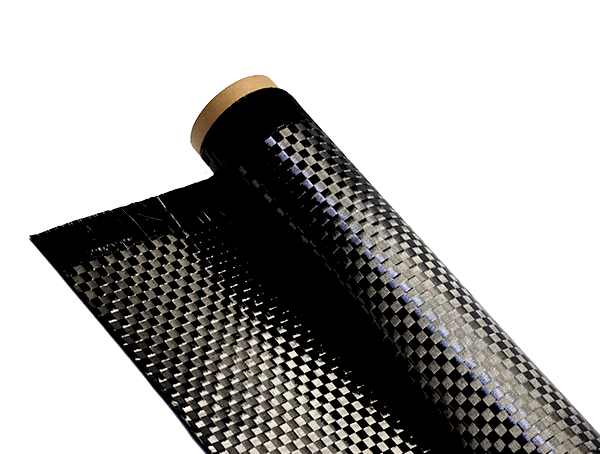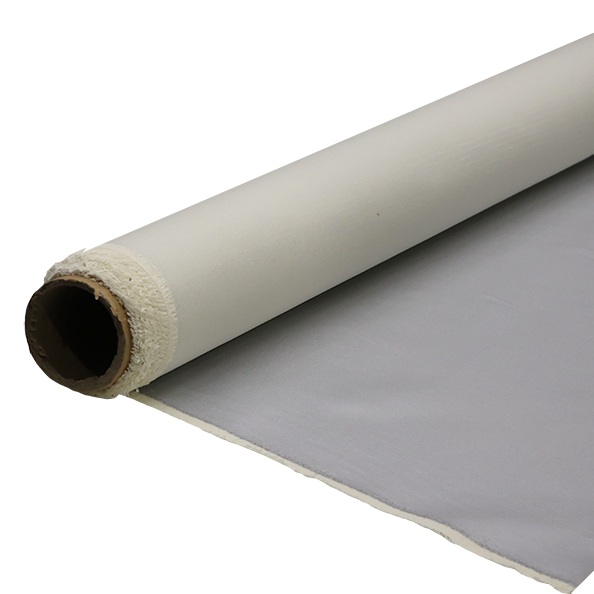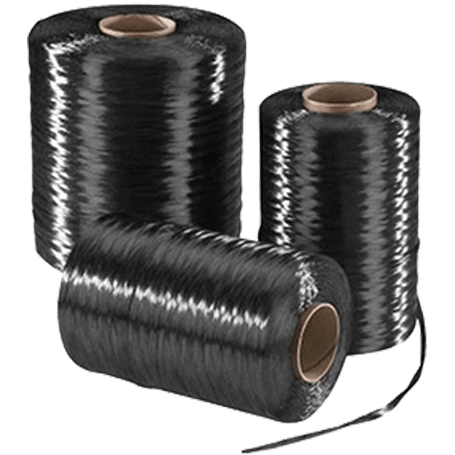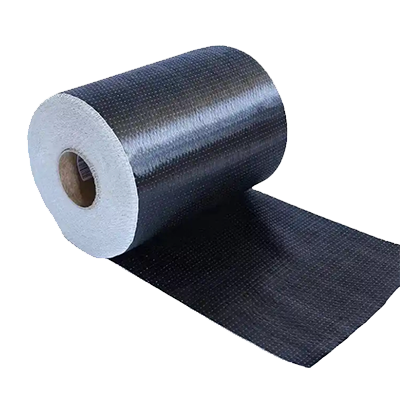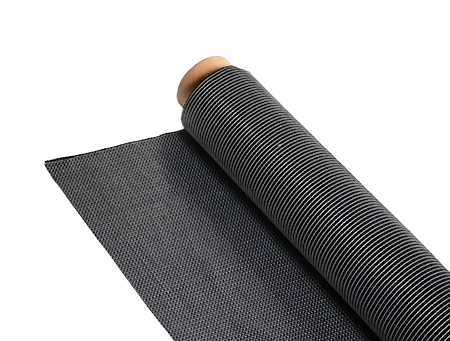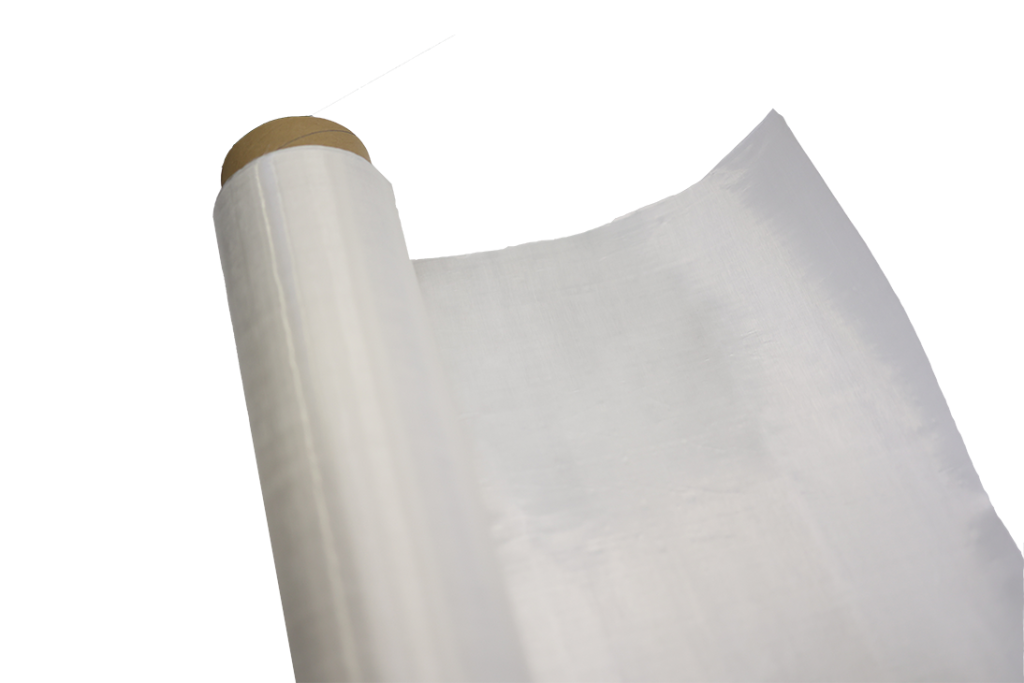Fiberglass Training Workshop Held in Ohio by Experts
-
Table of Contents
“Master the Art of Fiberglass: Expert-Led Training Workshop in Ohio!”
The Fiberglass Training Workshop held in Ohio brought together industry experts and enthusiasts to enhance skills and knowledge in fiberglass manufacturing and applications. Participants engaged in hands-on training sessions, learning advanced techniques and best practices from seasoned professionals. The workshop aimed to foster innovation and improve craftsmanship in fiberglass production, catering to both beginners and experienced individuals in the field. Attendees left equipped with valuable insights and practical skills to elevate their work in the fiberglass industry.
Benefits of Attending the Fiberglass Training Workshop in Ohio
Attending the Fiberglass Training Workshop in Ohio offers a multitude of benefits for both novices and seasoned professionals in the fiberglass industry. This workshop, led by industry experts, provides participants with a unique opportunity to enhance their skills and knowledge in a rapidly evolving field. One of the primary advantages of attending such a workshop is the access to hands-on training. Participants can engage in practical exercises that allow them to apply theoretical concepts in real-world scenarios. This experiential learning approach not only solidifies understanding but also boosts confidence in handling fiberglass materials and techniques.
Moreover, the workshop serves as a platform for networking with industry peers and experts. Building connections within the fiberglass community can lead to valuable collaborations, mentorship opportunities, and insights into industry trends. Engaging with fellow participants fosters an environment of shared learning, where individuals can exchange ideas and best practices. This collaborative atmosphere is particularly beneficial for those looking to expand their professional network and gain diverse perspectives on fiberglass applications.
In addition to networking, attendees will benefit from the wealth of knowledge shared by the workshop facilitators. These experts bring years of experience and specialized knowledge to the table, covering a range of topics from basic fiberglass handling to advanced techniques in composite materials. Participants can expect to learn about the latest innovations in fiberglass technology, which can significantly enhance their work processes and product quality. By staying informed about industry advancements, attendees can position themselves as knowledgeable professionals, thereby increasing their marketability in a competitive job landscape.
Furthermore, the workshop emphasizes safety protocols and best practices in fiberglass handling. Understanding the importance of safety measures is crucial for anyone working with fiberglass, as improper handling can lead to health risks and project failures. The training provided in this workshop equips participants with the necessary skills to maintain a safe working environment, ensuring that they can execute their tasks effectively while minimizing risks. This focus on safety not only protects individuals but also contributes to the overall success of their projects.
Another significant benefit of attending the Fiberglass Training Workshop is the opportunity for personal and professional growth. Participants are encouraged to step out of their comfort zones and challenge themselves through various hands-on activities and group discussions. This growth mindset fosters resilience and adaptability, qualities that are essential in today’s fast-paced work environment. As individuals gain new skills and confidence, they are better equipped to tackle complex projects and take on leadership roles within their organizations.
Lastly, the workshop provides participants with resources and materials that they can take back to their workplaces. These resources often include manuals, guides, and access to online platforms for continued learning. By having these materials at their disposal, attendees can reinforce their training and share knowledge with colleagues, thereby amplifying the impact of the workshop beyond its duration.
In conclusion, the Fiberglass Training Workshop in Ohio presents a comprehensive learning experience that encompasses hands-on training, networking opportunities, expert insights, safety education, personal growth, and valuable resources. By participating in this workshop, individuals not only enhance their technical skills but also position themselves for future success in the fiberglass industry. The benefits gained from this experience are likely to resonate throughout their careers, making it a worthwhile investment for anyone involved in fiberglass work.
Key Techniques Learned at the Fiberglass Training Workshop
The recent fiberglass training workshop held in Ohio provided participants with a comprehensive understanding of key techniques essential for working with fiberglass materials. This workshop, led by industry experts, aimed to equip attendees with both theoretical knowledge and practical skills, ensuring they could effectively apply what they learned in real-world scenarios. As the demand for fiberglass applications continues to grow across various sectors, the importance of mastering these techniques cannot be overstated.
One of the primary techniques covered during the workshop was the process of fiberglass layup. This foundational skill involves layering fiberglass cloth and resin to create strong, lightweight structures. Participants learned about the different types of fiberglass materials available, including woven roving and chopped strand mat, and how each type can be utilized for specific applications. By understanding the properties of these materials, attendees were better prepared to select the appropriate fiberglass for their projects, thereby enhancing the overall quality and durability of their work.
In addition to layup techniques, the workshop also emphasized the importance of proper mixing and application of resin. Participants were instructed on the correct ratios of resin to hardener, as well as the significance of thorough mixing to ensure optimal curing. This aspect of the training was particularly crucial, as improper mixing can lead to weak bonds and compromised structural integrity. By mastering this technique, attendees gained confidence in their ability to produce reliable and high-quality fiberglass components.
Furthermore, the workshop delved into advanced techniques such as vacuum bagging and infusion methods. These processes are increasingly popular in the fiberglass industry due to their ability to produce lightweight and high-strength parts with minimal waste. Participants were guided through the steps of setting up a vacuum bagging system, including the selection of appropriate materials and equipment. This hands-on experience allowed attendees to appreciate the intricacies involved in achieving a successful vacuum infusion, ultimately broadening their skill set and enhancing their employability in the field.
Another critical area of focus was surface preparation and finishing techniques. The workshop highlighted the significance of proper surface treatment to ensure optimal adhesion and a professional finish. Participants learned about various methods for sanding, priming, and painting fiberglass surfaces, which are essential for achieving aesthetic appeal and protecting the material from environmental factors. By understanding these finishing techniques, attendees were better equipped to deliver high-quality products that meet industry standards.
Moreover, safety protocols were a recurring theme throughout the workshop. Given the potential hazards associated with working with fiberglass materials and resins, participants were educated on the importance of personal protective equipment (PPE) and safe handling practices. This emphasis on safety not only protects the individual but also fosters a culture of responsibility within the industry. By instilling these values, the workshop aimed to ensure that participants would prioritize safety in their future endeavors.
In conclusion, the fiberglass training workshop in Ohio provided a valuable opportunity for participants to learn essential techniques that are critical for success in the fiberglass industry. From mastering layup processes to understanding advanced methods like vacuum bagging, attendees left the workshop with a well-rounded skill set. Additionally, the focus on safety and finishing techniques further prepared them for real-world applications. As the fiberglass industry continues to evolve, workshops like this play a vital role in developing skilled professionals who can meet the challenges of the future.
Expert Insights from the Ohio Fiberglass Training Workshop
The recent Fiberglass Training Workshop held in Ohio brought together industry experts and aspiring professionals eager to enhance their skills and knowledge in fiberglass applications. This event served as a platform for participants to gain insights into the latest techniques, materials, and safety practices associated with fiberglass manufacturing and repair. As the demand for fiberglass products continues to grow across various sectors, including automotive, marine, and construction, the importance of such training cannot be overstated.
During the workshop, attendees were introduced to a range of topics, beginning with the fundamental properties of fiberglass. Experts emphasized the significance of understanding the material’s composition, which typically consists of glass fibers and resin. This foundational knowledge is crucial, as it informs the selection of appropriate materials for specific applications. Furthermore, the workshop highlighted the various types of resins available, such as polyester, vinyl ester, and epoxy, each possessing unique characteristics that cater to different project requirements. By exploring these distinctions, participants were better equipped to make informed decisions in their future endeavors.
In addition to material properties, the workshop provided hands-on demonstrations of fiberglass fabrication techniques. Participants engaged in practical exercises that illustrated the processes of layup, molding, and curing. These demonstrations were particularly beneficial, as they allowed attendees to observe the nuances of working with fiberglass in real-time. Experts guided participants through each step, emphasizing the importance of precision and attention to detail. This experiential learning approach not only reinforced theoretical concepts but also fostered a deeper understanding of the intricacies involved in fiberglass production.
Safety was another critical focus of the workshop. Given the potential hazards associated with fiberglass work, including exposure to harmful chemicals and the risk of injury from sharp materials, experts stressed the necessity of adhering to safety protocols. Participants were educated on the proper use of personal protective equipment (PPE), such as gloves, masks, and goggles, which are essential for minimizing health risks. Additionally, the workshop covered best practices for maintaining a safe working environment, including proper ventilation and the safe handling of materials. By prioritizing safety, the workshop aimed to instill a culture of responsibility among participants, ensuring that they return to their workplaces with a heightened awareness of potential hazards.
Moreover, the workshop facilitated networking opportunities among attendees and industry professionals. Participants were encouraged to share their experiences and challenges, fostering a collaborative atmosphere that promoted knowledge exchange. This interaction not only enriched the learning experience but also allowed individuals to establish valuable connections that could lead to future collaborations or mentorship opportunities. The importance of building a professional network in the fiberglass industry cannot be understated, as it often serves as a catalyst for career advancement and innovation.
In conclusion, the Fiberglass Training Workshop in Ohio provided a comprehensive overview of fiberglass applications, combining theoretical knowledge with practical skills. By engaging with industry experts and participating in hands-on activities, attendees left the workshop equipped with valuable insights that will undoubtedly enhance their proficiency in fiberglass work. As the industry continues to evolve, such training initiatives play a pivotal role in ensuring that professionals remain at the forefront of advancements, ultimately contributing to the growth and sustainability of the fiberglass sector.
Q&A
1. **Question:** What topics are covered in the Fiberglass Training Workshop held in Ohio?
**Answer:** The workshop covers topics such as fiberglass materials, molding techniques, repair methods, safety practices, and hands-on training in fiberglass fabrication.
2. **Question:** Who are the instructors for the Fiberglass Training Workshop?
**Answer:** The instructors are industry experts with extensive experience in fiberglass manufacturing and application, often including professionals from leading fiberglass companies.
3. **Question:** What is the duration of the Fiberglass Training Workshop?
**Answer:** The workshop typically lasts for two to three days, depending on the specific curriculum and hands-on training components included.The Fiberglass Training Workshop held in Ohio by experts successfully equipped participants with essential skills and knowledge in fiberglass application and techniques. Attendees gained hands-on experience, enhancing their understanding of materials and processes, which will contribute to improved craftsmanship and safety in their respective fields. The workshop fostered networking opportunities and collaboration among professionals, ultimately promoting advancements in fiberglass technology and its applications.

